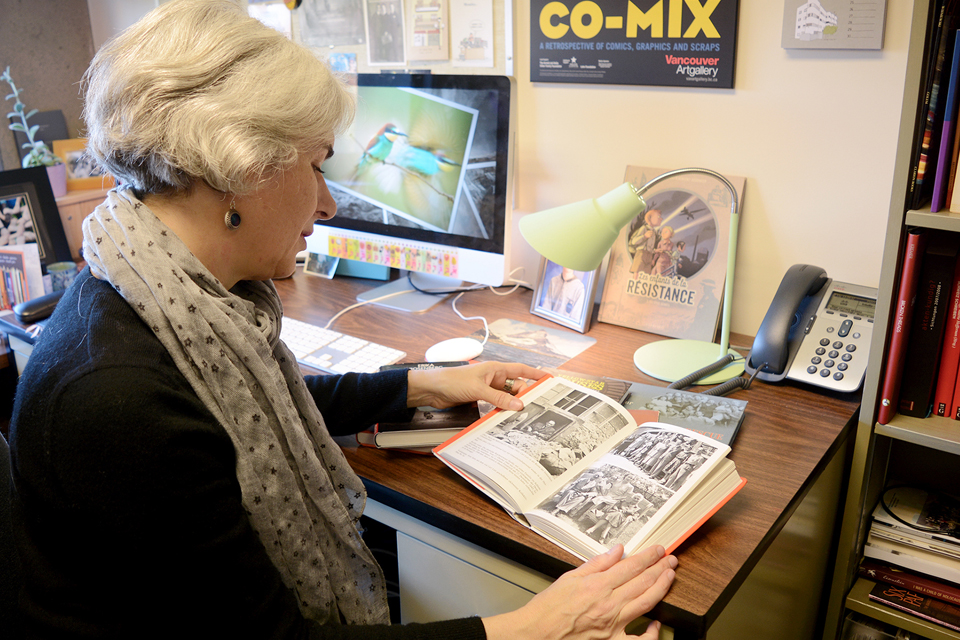
The forgotten Swiss diplomat who rescued thousands from Holocaust
The forgotten Swiss diplomat who rescued thousands from Holocaust

The forgotten Swiss diplomat who rescued thousands from Holocaust

Opinion: Insidious hatred is increasingly normalized

Opinion: A political apology is only the beginning
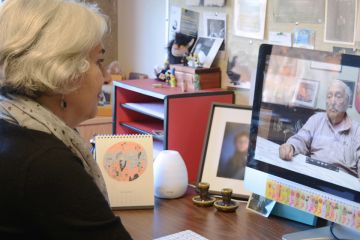
A UVic historian's research on the efforts of Switzerland’s forgotten Schindler—a diplomat named Carl Lutz—will be presented Nov. 27 in Switzerland at the world’s premier gathering for Holocaust remembrance and education. Charlotte Schallié's findings include 36 harrowing stories of survival.
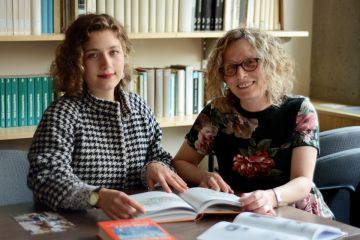
A mother-daughter team has played a key role in bringing the stories of Budapest Holocaust survivors and the heroic work of Swiss diplomat Carl Lutz to light, in new research by Charlotte Schallié.
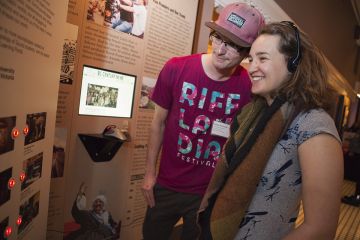
This fall, UVic students are making noise again at the Royal British Columbia Museum. Thirty-nine students in Alexandrine Boudreault-Fournier's third-year anthropology course are working with museum learning program developers to create soundscapes that will bring sonic life to many objects on exhibit.
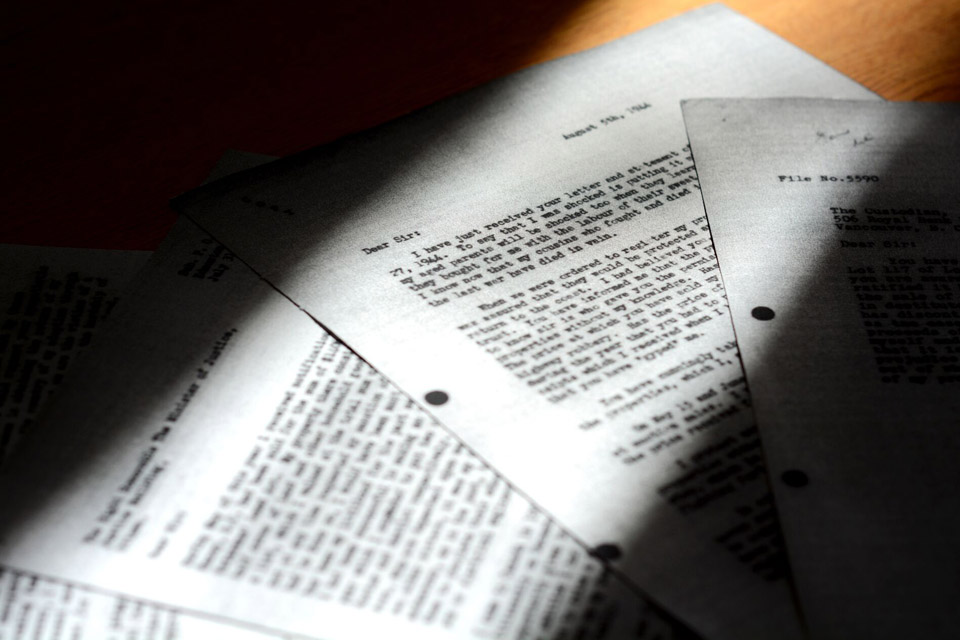
Long-lost letters from interned Japanese-Canadians

In 2011, Vikes announced that a track runner from St. Albert, Alberta, had committed to run for the cross country and track program at UVic. Little did they know then that it would be the start of one of the most prolific athletic careers in UVic history and bring a key contributor to student life to campus.
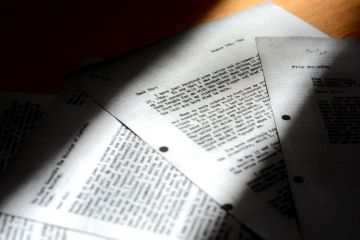
Three hundred letters from Japanese Canadians, written in the mid to late 1940s, were recently discovered by UVic historian Jordan Stanger-Ross, project director of the UVic-led Landscapes of Injustice research project. The letters reveal unsettling and moving accounts of dispossession.
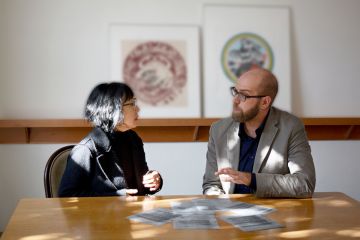
A recent discovery has given Judy Hanazawa some of her family's history back. Now 70, Hanazawa knew little of their experiences during the Second World War. Some 300 letters of protest from Japanese Canadians, rediscovered as part of the UVic-led Landscapes of Injustice project, reflect the outrage of dispossession.
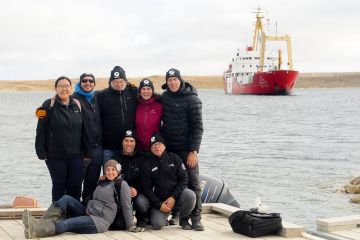
Two UVic alumni who went on to found the innovative non-profit Fish Eye Project led a live dive Aug. 27 in the icy waters of Cambridge Bay, Nunavut, as part of the Canada C3 expedition.
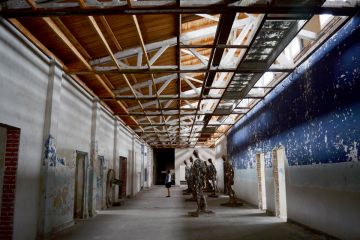
Students from the humanities, social sciences, fine arts and law—now back in Victoria after a transformative trip overseas and also in Winnipeg—came together for a powerful and challenging field school that brought them to historic sites in Europe and taught them valuable lessons about Canada.
Array
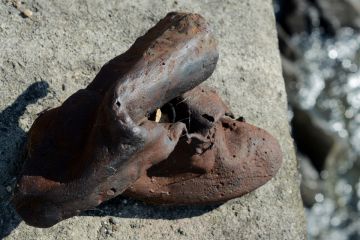
UVic students are currently visiting historic sites in Europe in a field school examining migration, the refugee crisis and memorialization of the Holocaust. And the learning doesn't stop in Europe: they'll be at the Canadian Museum of Human Rights in mid August, then home to UVic for a symposium.
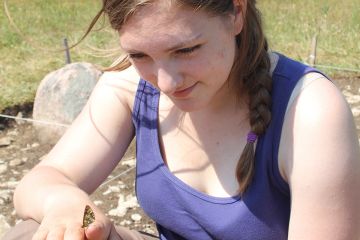
It was the perfect hands-on research project for someone with small hands. Renée Adams' project required extensive preliminary research into archaic death rituals and Egyptian mummification practices, as well as meticulous attention to detail... and a lot of tiny tools.
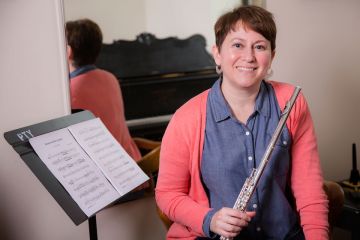
Two UVic professors whose efforts to infuse their teaching and research with lessons from the Holocaust are among 10 faculty members and three graduate students receiving top awards at the university’s inaugural REACH Awards.